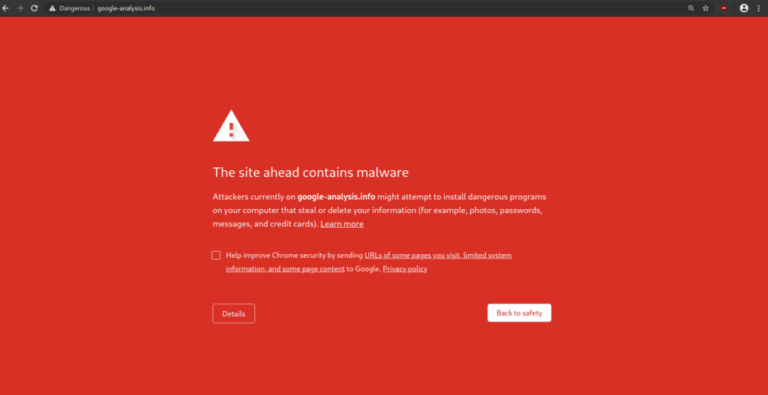
12
AprilHow to Effectively Report a Website to Google: A Comprehensive Guide
In our digital age, the internet serves as a vast repository of information, commerce, and social interaction. However, with this convenience comes the potential for abuse and issues such as spam, malware, phishing, or content that violates Google's policies. Google provides a means for users to report these problematic websites, thereby contributing to a safer online environment. This article will explore the various reasons you might want to report a website, the steps to do so effectively, and the implications of reporting for the affected sites.

Understanding the Reasons for Reporting
Before delving into the actual process of reporting a website to Google, it’s essential to understand why one would do this. Reporting is often necessary for several reasons, including:
- Malware and Phishing: Websites that contain harmful software or attempt to steal personal information fall under this category. Reporting helps Google take appropriate action to protect users from these malicious sites.
Steps to Report a Website
Now that you understand the various reasons for reporting a website, let’s explore the practical steps involved in the reporting process:
- Navigate to GOOGLE DELETE PHISING’s Reporting Options: The first step is accessing Google's support page specifically designed for reporting issues. This can typically be found by navigating to the "Help" or "Support" section of Google's homepage.
Implications of Reporting
Reporting a website to Google can have several ramifications, both for the person reporting and the site being reported. Here are some important considerations:
- Impact on Website: If Google determines that a website violates its policies, it may remove the site from its search index or take other actions. This can significantly affect the website's traffic and business operations, especially for legitimate sites caught in the crossfire of misunderstandings or accusations.
Best Practices for Responsible Reporting
To ensure that your reporting is both responsible and effective, consider the following best practices:
- Research and Verify: Before reporting a website, conduct your research to ascertain whether it truly violates Google’s policies. Check for reviews and feedback about the site from other users.
Conclusion
In conclusion, reporting a website to Google is a valuable tool for maintaining the quality and safety of online experiences. It allows users to take an active role in curbing malicious activities, spam, and other violations. However, with great power comes great responsibility. Users should ensure that they employ the reporting functions judiciously, focusing on legitimate concerns while encouraging a culture of safety and accountability online. By understanding the reporting process and its implications, users can effectively contribute to a healthier digital ecosystem for everyone.


Reviews